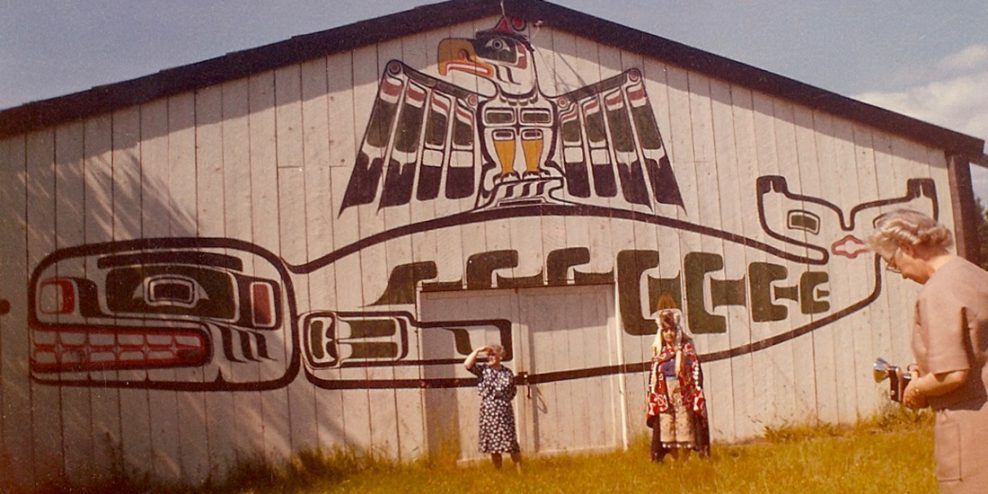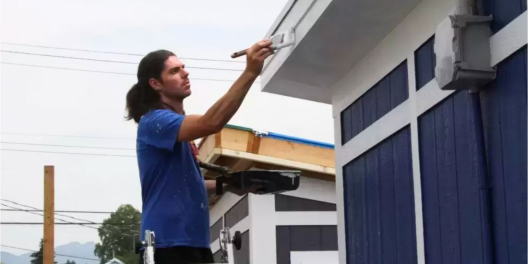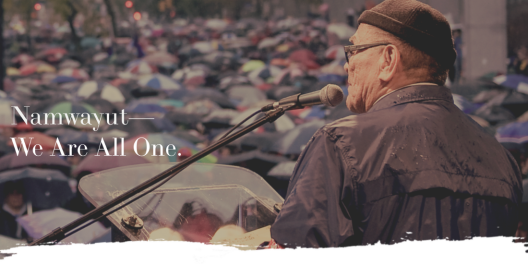Melissa Quocksister is having an exciting week. Quocksister is a communications consultant and member of the K’omoks First Nation. She’s also a member of its treaty negotiating team.
“We’ll be getting a cash offer on Friday,” Quocksister told VanIsle News. She added that the KFN won’t be able to share details of the offer until band members have had a chance to review it.
This brings the Nation of less than 400 members one step closer to signing a treaty. Nearly 30 years in the making, the treaty is wide-ranging and will be a game-changer for how the K’omoks live, work, and relate to their neighbours in the Comox Valley.
It comes with land and cash, recognition of title and rights regarding resource harvesting in their territory, and self-government. And it details how K’omoks laws will work with their provincial and federal counterparts.
The KFN treaty is now at Stage 5 of a process managed by the BC Treaty Commission. It’s a critical stage that involves negotiations to finalize the treaty. The next stage, Stage 6, is implementation of the treaty.
It’s been a long and winding road. Quocksister’s grandfather Ernie Hardy Sr. was part of the team that began the process in 1994.
That’s why she’s excited to be seeing the treaty through to completion, which the KFN hopes will have the treaty being implemented by 2026.
Back in 2012, the three parties signed an Agreement in Principle (AIP,) which included a land package. Land is fundamental to the KFN treaty. But it’s also one of the biggest challenges facing negotiators.
In the late 1800s, the colonial government gave coal baron and railway developer Robert Dunsmuir 8,000 square kilometres of traditional indigenous territory south of Campbell River. The territory reached down the east side of Vancouver Island to Victoria.
First Nations were forced to the sidelines to watch as their territory was parcelled up, sold and resold, developed, logged, and then logged again.
Today, just a few small islands of Crown land remain within KFN traditional territory. That means the province has had to search hard for land to bring to the treaty negotiating table.
As laid out in the 2012 AIP, the land package totals nearly 5100 ha. It includes 329.2 ha of Reserve Lands and 102.1 ha of KFN privately-owned lands.
It also includes 2,778.3 ha of Crown land (for example, Wood Mountain Ski Park, the old Forbidden Plateau ski area, is part of the land deal) and 1,860 ha of other lands, including forest woodlots. According to a map highlighting the treaty settlement lands scattered throughout the Comox Valley, one parcel appears to be a woodlot near the Strathcona Parkway turn-off that is currently being managed under Crown forest tenure by a woodlot operator.
In a CBC story published last month, Quocksister said the total land deal amounts to .02 percent of the KFN’s traditional territory.









